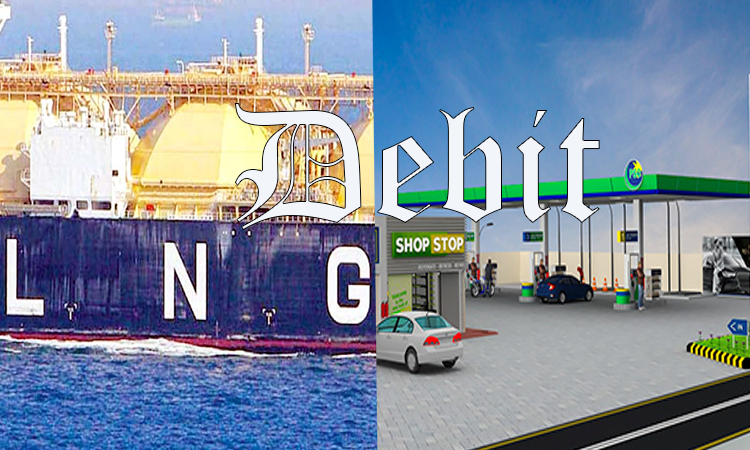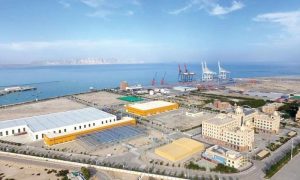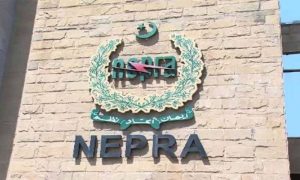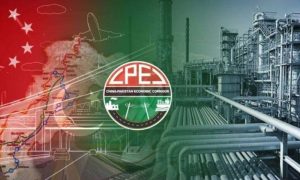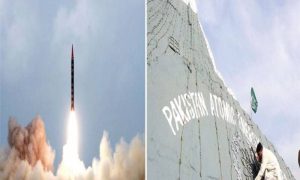Staff Report
ISLAMABAD: Pakistan State Oil (PSO) and Sui Northern Gas Pipeline Limited (SNGPL) have found themselves in a debt trap, after the rising cost of liquefied natural gas (LNG).
In past years, the power sector used to be a main defaulter of payments to PSO on furnace oil supply. Today, however, SNGPL is liable to pay PSO a huge amount of Rs396 billion.
In March 2022, its dues stood at 277.8 billion rupees and have been increasing further ever since.
Now, the PSO’s receivables against SNPGL have almost doubled, as the company has been unable to recover dues from domestic consumers due to the lack of a legal framework. Governments have continuously delivered LNG to domestic consumers during the winter to overcome the gas crisis.
This is despite knowing that there was no legal framework in place to recover the money from domestic consumers. PSO brings LNG cargoes for onward supply to SNGPL which then shares the gas among the end-consumers.
During the previous government, parliament passed a law to introduce a weighted average cost of gas—which is the average price of locally produced natural gas and imported LNG—to control circular debt in the sector.
But this law was challenged in the Sindh High Court and has not been implemented so far. Only compressed natural gas (CNG) received LNG without any subsidy. Other customers, including textile sectors, fertilizer, and five export-oriented sectors received LNG at discounted prices. As LNG was only available to end the gas shortage, it was only available at higher rates.
Politically motivated gas schemes continuously won votes from different constituencies of parliamentarians without realizing that there was no indigenous gas available in Pakistan.
Moreover, PSO was facing a financial crisis in which receivables continued rising due to the nonpayment of dues from various sectors on account of fuel supply. These receivables stood at 508.3 billion rupees in March 2022 as several consumers failed to pay their bills for fuel supplies. During the first nine months (July to March) of the financial year 2021-2022, PSO’s receivables increased by 151.3 billion rupees and stood at 357 billion rupees at the start of July 2021.
PSO’s receivables
Currently, PSO’s receivables have shot up to 620 billion rupees, placing a massive financial burden on the company while it finds it hard to pay its dues to foreign LNG suppliers. Now, it has to pay 205 billion rupees to the Kuwait Petroleum Corporation on account of standby letter of credit (SBLC) payments for LNG and fuel supply. While the company supplies oil mainly to different consumers across the country, it also provides LNG to public gas utilities. Before oil, circular debt has also recorded in the supply of imported LNG, which has contributed 396 billion rupees to the debt.
Of the total receivables, PSO has to receive 176 billion rupees from the power sector on account of oil supply for electricity generation.
Another set of major defaulters is generation companies which have to pay 146 billion rupees. Hub Power Company Limited owes 24 billion rupees while Kot Adu Power Company Limited has to pay 5 billion rupees. PSO also supplies fuel for the jets of Pakistan International Airlines which is another major defaulter, sitting at due payments of 23.7 billion rupees.
PSO also has to receive 8.9 billion rupees from the government on account of price differential claims. On the other side, it has to pay 41.38 billion rupees to oil refineries for fuel supply.









